Restaurant Servers Know a Focus Hack You Don’t
Understanding the Zeigarnik Effect and Turning It Into a Superpower
Whenever I visit my favorite South Indian restaurant in Mumbai, I witness a little magic trick—and it’s got nothing to do with the food.
The server approaches our table, staring into our souls as we recite our order: “One ghee podi dosa, two plate idli sambar, one masala dosa and four filter coffees”.
He nods with quiet confidence, doesn’t write anything down, and then moves on to the next table to take their order. No notebook, no pen, just pure vibes.
Naturally, I wonder: Did he even hear us? Is he just bluffing because the manager is watching?
Fifteen minutes later, our order arrives perfectly. Not a misplaced sambar or forgotten coffee. Absolute boss.
And apparently, I am not the first to marvel at this.
🚨 Quick sidebar: Enjoying what you're reading? Bet you've got a friend who would too. Share and help me grow this community.
Pssttt… they will also get a free copy of my ebook, Framework for Thoughts, when they sign up!
The Zeigarnik Effect: Why Unfinished Business Stays Top of Mind
Nearly 100 years ago, Russian psychologist Bluma Zeigarnik noticed something similar while dining at a café. Waiters remembered orders flawlessly, right up until they were served. Once the food hit the table, it was as if the orders vanished from their memory.
This sparked her curiosity. Through experiments, she uncovered a fascinating psychological phenomenon now known as the Zeigarnik effect1:
We are more likely to remember unfinished or interrupted tasks than completed ones.
It’s why:
📚 That half-read chapter lingers in your mind, even as your partner reminds you to take out the trash.
📺 Netflix cliffhangers leave you hanging, stealing your focus until the next episode drops.
😶 You replay unresolved conversations, crafting the perfect comeback long after the moment has passed.
Unfinished tasks create psychological tension, a mental itch your brain insists on scratching until the task is resolved.
The Psychology of Unfinished Tasks
The Zeigarnik effect thrives on a few key factors.
👌🏽 Near the Finish Line?
Tasks that are nearly complete create a stronger sense of urgency than those barely started2.
If you’re 75% through writing an article when something interrupts you, chances are the unfinished article will stay top-of-mind.
But if you had just started that task? The Zeigarnik effect wouldn’t grip you as tightly—it needs progress to build its tension.
🤩 Motivation Magnifies the Effect
If you care deeply about a task, it clings to your mind more stubbornly3.
Consider this:
😎 Developing an app feature for your hobby project but having to pause for a dinner party.
🪴 Repotting a plant your mom requested but getting distracted to take a bath.
The app, of course.
Motivation adds weight to your mental checklist, making hobby-related tasks harder to ignore.
📆 Planning Feels Like Progress
Making a detailed plan tricks your brain into thinking the task is partly done4.
The Zeigarnik Effect can lose its grip in such cases, a point we will explore when discussing how to turn it to your advantage.
This is why a good project plan can either be a motivator or a productivity trap.
Once your brain believes you’ve started, it relaxes… a little too much.
Turning Unfinished Tasks into Tools
All good so far? Let’s see how to add the Zeigarnik effect to your mental toolbox.
🤔 Rethinking Learning and Creativity
In How to Take Smart Notes5, Sönke Ahrens suggests keeping unanswered questions in your mind. This works because your brain loves to chew on unfinished business.
Write down simple to-dos, but leave bigger problems open-ended. Your subconscious will continue working on them during moments of “diffuse thinking” (e.g., while showering or daydreaming).
The “Hemingway Effect” is the idea of stopping a task when you know what comes next, so your brain keeps working on it subconsciously while you step away6.
The main thing is to know when to stop. When you’re still going good and you come to an interesting place and you know what’s going to happen next, that’s the time to stop. Then leave it alone and don’t think about it; let your subconscious mind do the work.
Ernest Hemingway
♥️ Relationships: Speak Up or Stay Stuck
Unresolved feelings or unspoken words have a way of festering.
Say what’s on your mind; otherwise, you’ll replay the scenario endlessly and risk growing resentful.
💼 Work-Life Balance: Trick Your Brain on Fridays
Ever find your weekends hijacked by unfinished work? You’re trying to relax, but your mind keeps circling back to that looming project waiting for you on Monday.
That’s the Zeigarnik effect at play.
Before logging off on Friday, list every incomplete task along with clear next steps for Monday.
This simple ritual signals to your brain that the work is “under control”, freeing your mind to actually enjoy your weekend.
🚀 Productivity: Small Wins Build Momentum
Break large, daunting projects into smaller chunks.
Completing a mini-task gives you the motivation to tackle the next one.
A large, looming task is more likely to paralyse you—leading to procrastination, panic, or both.
The Zeigarnik effect explains why loose ends weigh so heavily on our minds. But here’s the twist: that same tension can become your secret weapon.
Because sometimes, the best way to finish something... is to leave it undone.
Until next time,
Tapan (Connect with me on Twitter or reply to this email)
You're One Walk Away From Your Next Big Idea
Interested in how your brain can work in the background to unlock creativity? Check out my past newsletter on how a simple walk can spark your next big idea.
Thank you for reading! 🙏🏽 Help me reach my goal of 3,000 readers in 2024 by sharing this post with friends, family, and colleagues! ♥️
On finished and unfinished tasks by Bluma Zeigarnik
Zeigarnik and von Restorff: The memory effects and the stories behind them by Colin M. MacLeod
The Zeigarnik effect and intrinsic motivation: Are they the same? by Reeve Johnmarshall
How to Take Smart Notes by Sönke Ahrens: A really good book teaching the basic of note-taking using Zettelkasten.

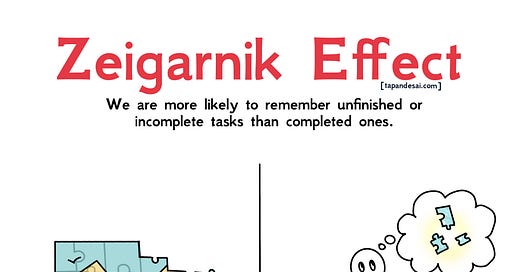


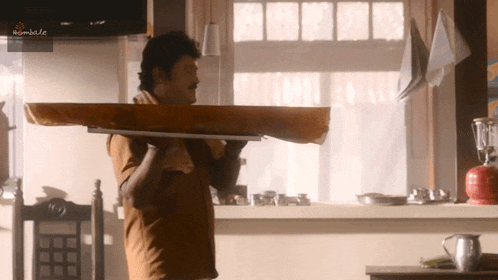

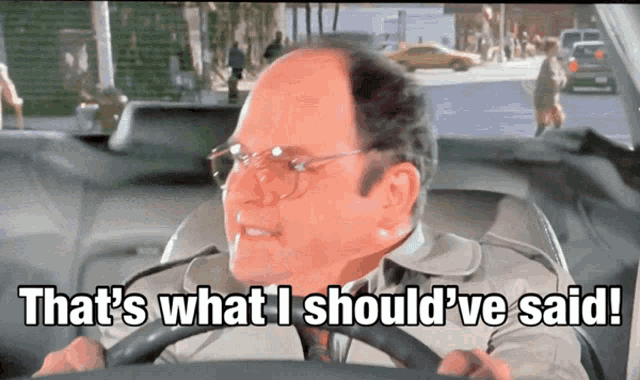
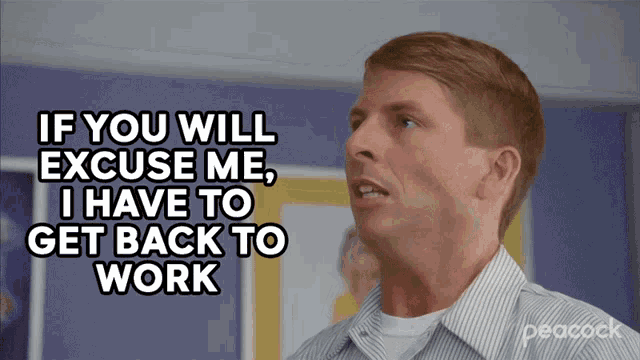
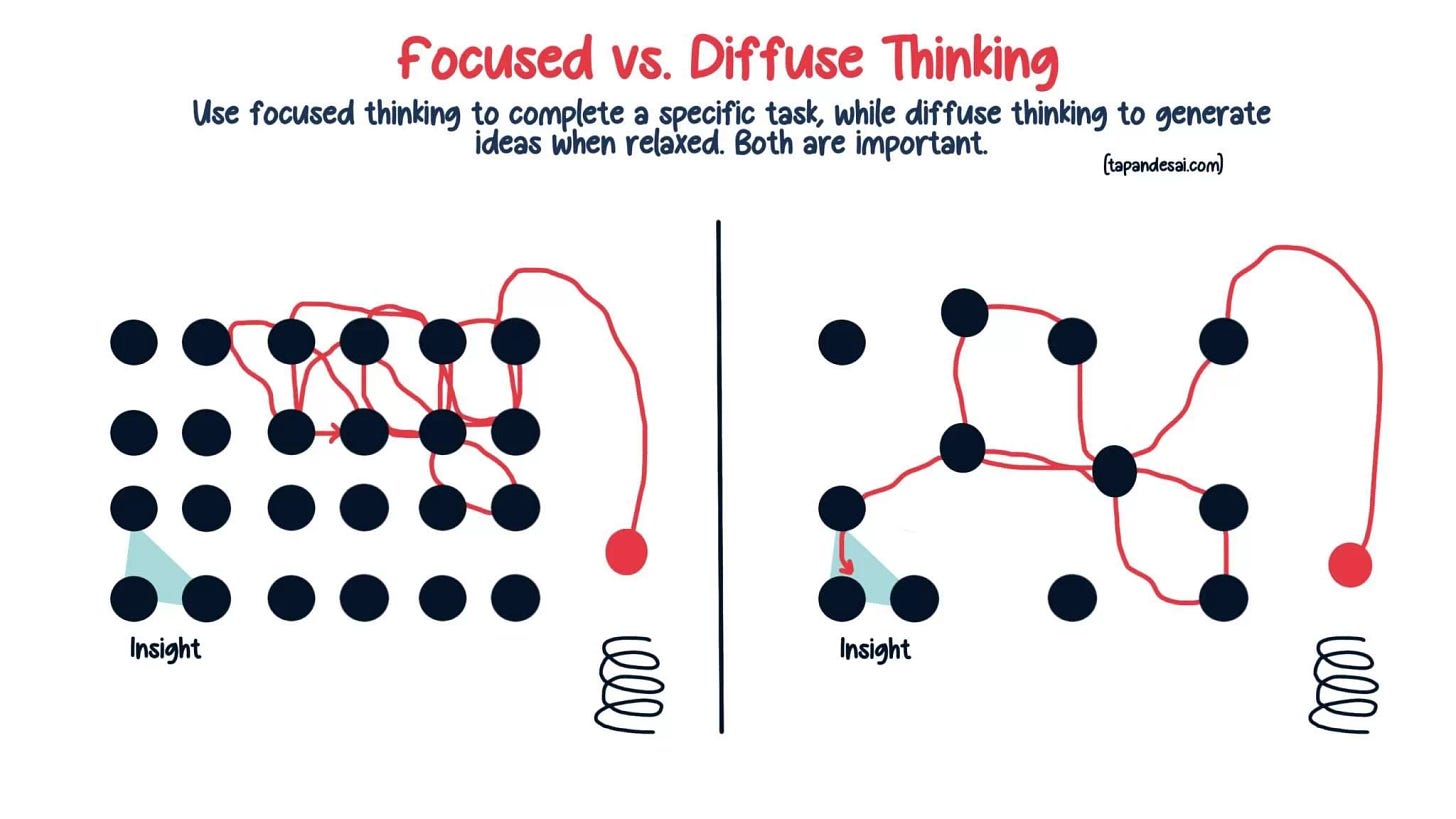
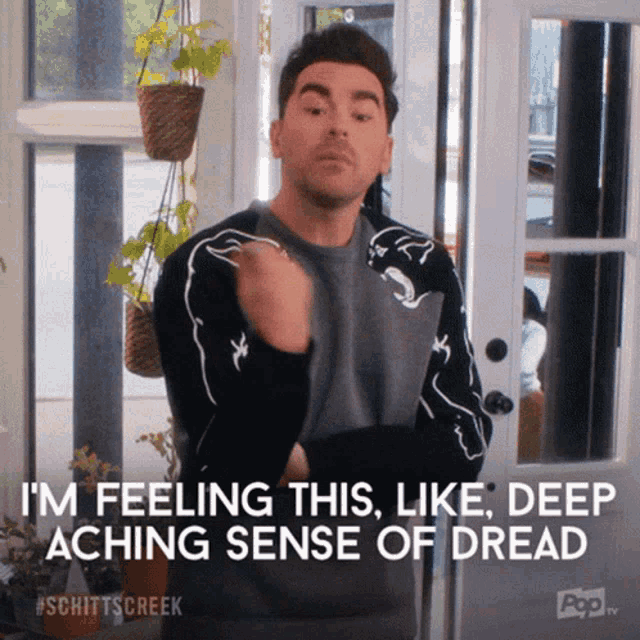

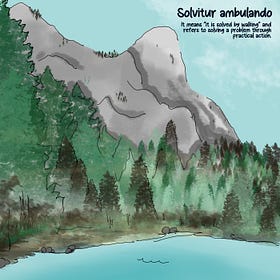
Did you ever went to sleep thinking of a problem and woke up with the solution? I guess that would be an example of the Hemingway effect?